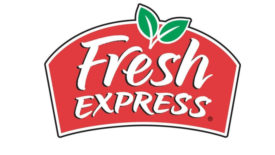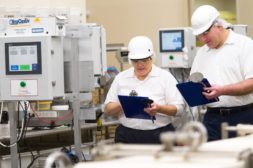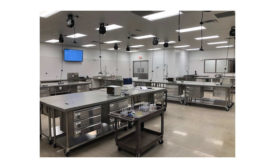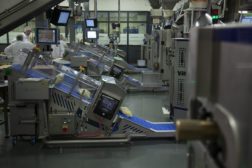Home » Keywords: » food safety analysis
Items Tagged with 'food safety analysis'
ARTICLES
An Audit is an Opportunity, Not a Stressor
Timely tips for management and staff preparing for their first facility audit.
November 30, 2021
Reducing Product Effect in Chilled and Frozen Foods During Metal Detection
Improvements in the accuracy of metal detection can pinpoint even the smallest fragments and elusive grades of stainless steel in foods.
March 15, 2020
Elevate your expertise in refrigerated and frozen foods with unparalleled insights and connections.
Get the latest industry updates tailored your way.
JOIN TODAY!Copyright ©2024. All Rights Reserved BNP Media.
Design, CMS, Hosting & Web Development :: ePublishing












